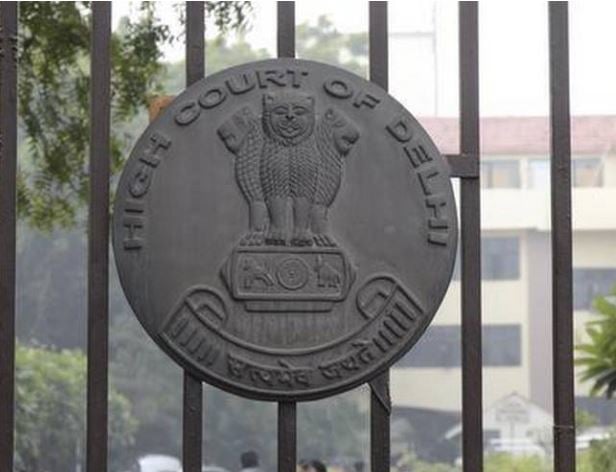The Delhi High Court has asked the Delhi Government to treat a plea seeking directions to formulate policy to ensure that everyone who has taken the first shot of Covid vaccine be given 2nd dose on priority as a representation.
The plea asked that they be given different days and timing and in a separate line and not with people taking the first dose.
A bench of Chief Justice D.N. Patel and Justice Jyoti Singh disposed of the plea, which also seeks to issue directives such that vaccination drive for auto drivers, bus drivers, taxi drivers, ambulance drivers and people involved in public transport is given priority.
The petitioner had submitted that the process of vaccination is divided into two dose phases. Initially, the second dose was given after 28 days but the time period was increased to 42 days.
It said, “The data of vaccination in Delhi as maintained by ministry of health and family welfare shows that 25,58,207 people have got 1st dose of vaccine whereas 6,66,732 have taken second dose of vaccination. From the data it is clear that in Delhi 25,58,207 are yet to take second dose of vaccine.
The petitioner had stated that vaccine at present is limited and given the vast population of India, it is likely that it will take several months to vaccinate entire country.
The petitioner had submitted before the court that India cannot be reliant on two vaccine manufacturers namely Bharat Biotech and Serum Institute to cater to its population. Needless to say that if India banks only on these two manufacturers and keeps their commercials in mind it will take many years to vaccinate entire country and more than one year to vaccinate Delhi.
It was submitted that earlier only Government of India was buying vaccine and allocating to states based on age, status and data of population. However from 19/4/2021 the government of India has delegated the powers to state governments to purchase vaccines for its citizens, therefore now each state has to place order on the two companies for purchasing vaccination.
The plea had further submitted that the policy of the respondent no.1 and the two vaccination companies is not clear on allocation of vaccine. The respondent no.2 needs to step in and should issue notification or directive that states whose citizens are more effected should be given priority in vaccine delivery and vaccination drive.
Furthermore, it was prayed before the Court to direct the respondent to make a scheme that once vaccine been deliver will be available to all but the most effected will be those who have already taken first shot but are waiting for second shot.


